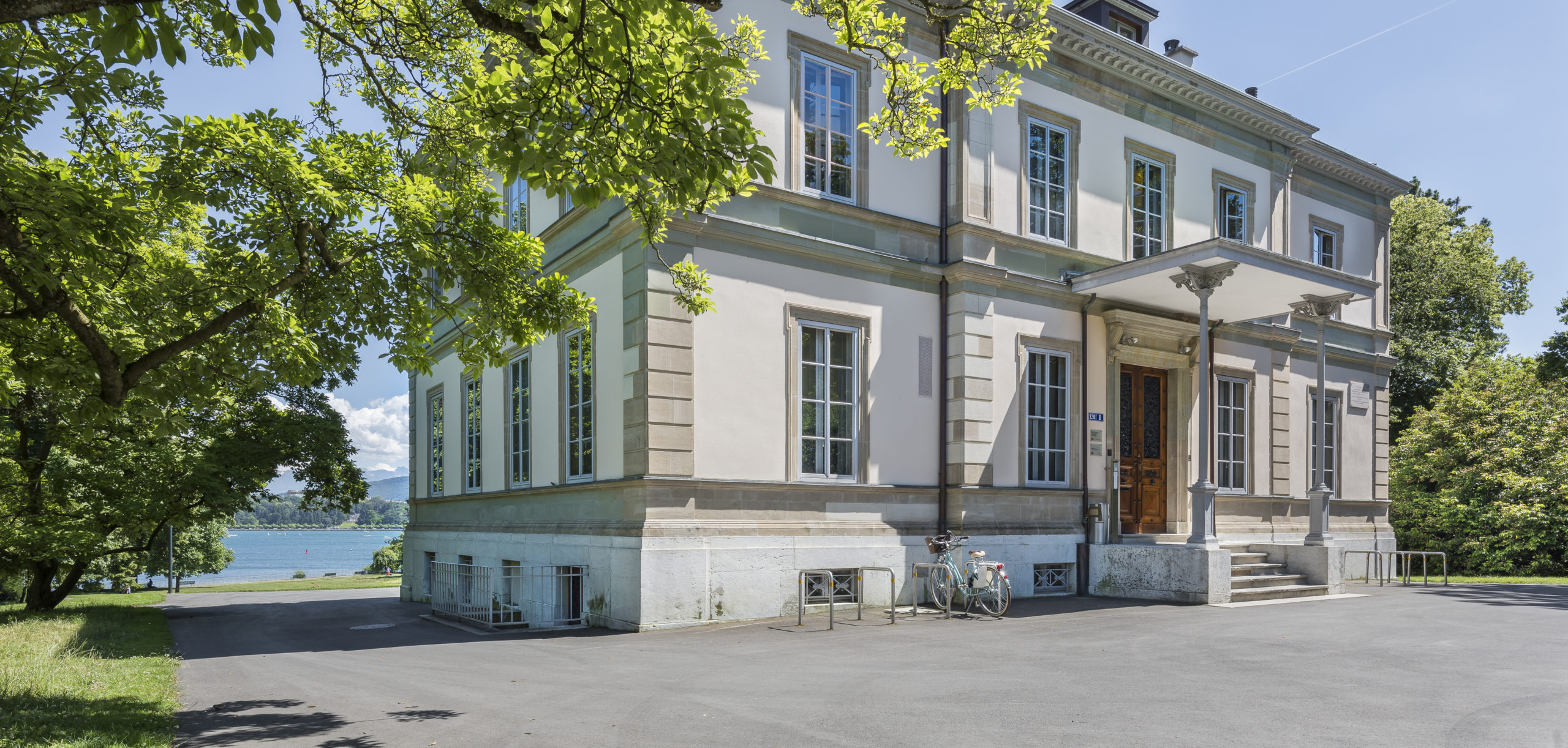In recent years, armed conflicts have reminded us that the need to ensure respect for international law during armed conflicts is as acute as ever.
Situations of armed conflict affect the lives of millions of people globally. In this context, humanitarian organizations and workers, professionals working in emergencies, human rights advocates or diplomats are confronted to the rapidly changing nature of armed conflicts.
In the midst of emergencies, they have to address challenges related to new weapon systems and technologies, the multiplication of armed groups, the protection of medical personnel and objects, the destruction of cultural heritage, humanitarian access and assistance to civilians during sieges or long-lasting conflicts, the fight against terrorism, or the status and protection of foreign fighters and their families.
While their work is key to enhance respect for international humanitarian law (IHL) and mitigate the impact of armed conflict, it has also close ramifications with challenging processes such as criminal proceedings before national or international courts and tribunals, human rights investigations, multilateral negotiations, the implementation of sanctions, or military interventions on humanitarian grounds.
To meet these challenges and protect the most vulnerable, not only IHL but other branches of international law – such as international human rights law (IHRL), international refugee law or international criminal law (ICL) – have to be taken into account and, before that, be known by those working in armed conflicts or in relation to such situations.
Informing Policy
At the Geneva Academy – a joint centre of the University of Geneva and the Graduate Institute of International and Development Studies – our core mandate is precisely to disseminate legal knowledge in all the branches of international law that are relevant to armed conflicts.
We do so via cutting-edge research that advances understanding and stimulates debate in the academic community and in policy-making institutions and government; by providing, via our events and conference, a critical and scholarly forum for experts and practitioners to debate topical issues; and by training professionals and young students who will ultimately become tomorrow’s leaders and decision-makers. We see this transfer of knowledge as our involvement in the struggle for the rule of international law and, ultimately, as our contribution to the protection of the most vulnerable.
Our current research notably examines the protection of persons with disabilities during and following armed conflict – one of the most neglected and under-reported issues – or armed non-state actors from both the perspective of their international human rights law (IHRL) obligations and of their practice and interpretation of IHL and IHRL norms. One of our leading projects, the Rule of Law in Armed Conflict (RULAC) online portal, identifies and classifies all situations of armed violence that amount to an armed conflict under IHL. RULAC currently monitors more than 37 armed conflicts involving at least 52 states and provides, for each conflict, information on the parties and applicable international law.
Villa Moynier, where we have our offices and unique meeting facilities in the heart of international Geneva, enables us to host meetings that diplomats, civil servants, practitioners, academics and representatives of civil society regularly attend to informally discuss and explore innovative solutions to human rights and IHL issues that are on the agenda of Geneva-based institutions.
Our IHL Talks, a series of events held every two months at lunchtime address current IHL and humanitarian topics, like the humanitarian, policy and legal challenges related to the fate of foreign fighters and their relatives (allegedly) affiliated with ISIS and detained in northeast Syria.
Training Professionals and Tomorrow’s Decision Makers
Among our master’s programmes, our Executive Master in International Law in Armed Conflict is specifically designed for professionals with demanding jobs and responsibilities who want to move their career forward and acquire additional responsibilities after developing specialized knowledge in the law of armed conflict directly applicable to their work.
Based in Geneva, this executive programme runs for 9 months (October–June) and admits around 20 practitioners annually: diplomats, lawyers, legal advisers, NGO staff, human rights advocates, professionals working in emergencies, United Nations (UN) staff and staff from other international organizations. After the end of the courses in June, 6 additional months are needed to complete a master’s paper and defend it before a jury.
This writing exercise allows participants to investigate a subject of special interest and deepen their knowledge and expertise through research as well as exchanges with experts, scholars and practitioners.
Courses cover international law, IHL, IHRL, ICL, international refugee law and the interplay between them. They also address current issues and challenges, including the repression of terrorism, peacekeeping, the responsibility to protect, or war crimes and crimes against humanity. When participants cannot attend a course for professional reasons (e.g. missions, travel, conferences), they can listen to a podcast afterwards.
For those who do not want to follow the entire programme or are interested in developing specific knowledge on a particular issue, our short courses address key issues like international refugee law, the interplay between IHL and IHRL, the law of non-international armed conflicts, truth commissions, or the responsibility to protect.
Measuring Impact
It is often hard to measure the impact of this transfer of knowledge, both for the most vulnerable – who are our ultimate beneficiaries – but also for its influence on policies, the multilateral agenda, decision-making processes and or for the respect and implementation of IHL and IHRL on the ground.
The fact that our alumni are employed around the world in responsibility positions where they promote and protect IHL and human rights is, in itself, a sign that we do not work in a vacuum. Similarly, the findings of our research regularly inform policy recommendations and support human rights and humanitarian practitioners working in the field and at headquarters.
Last but not least, one could wonder what our world would look like without this dissemination of solid, important and scientifically sound knowledge.



